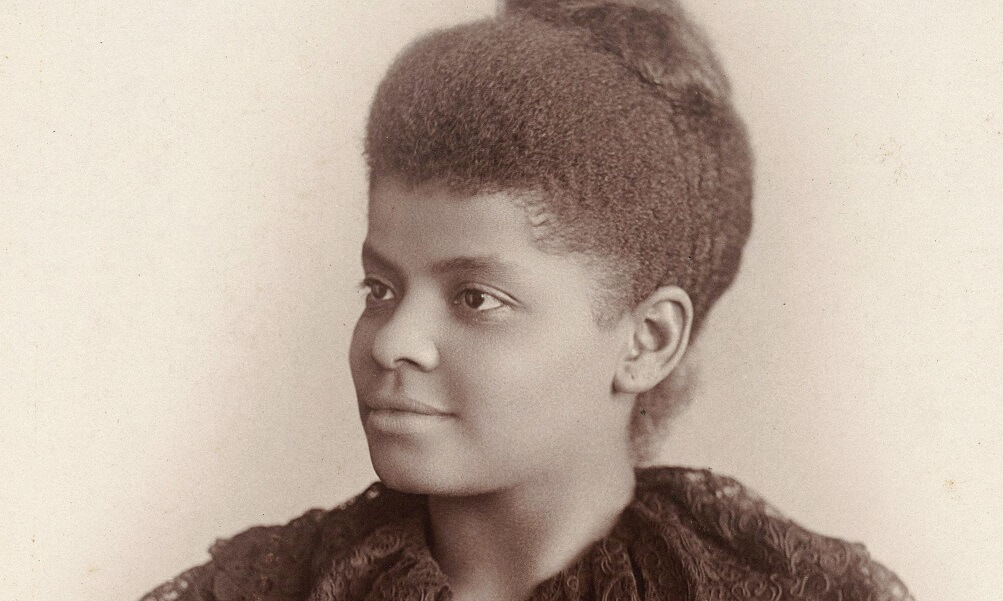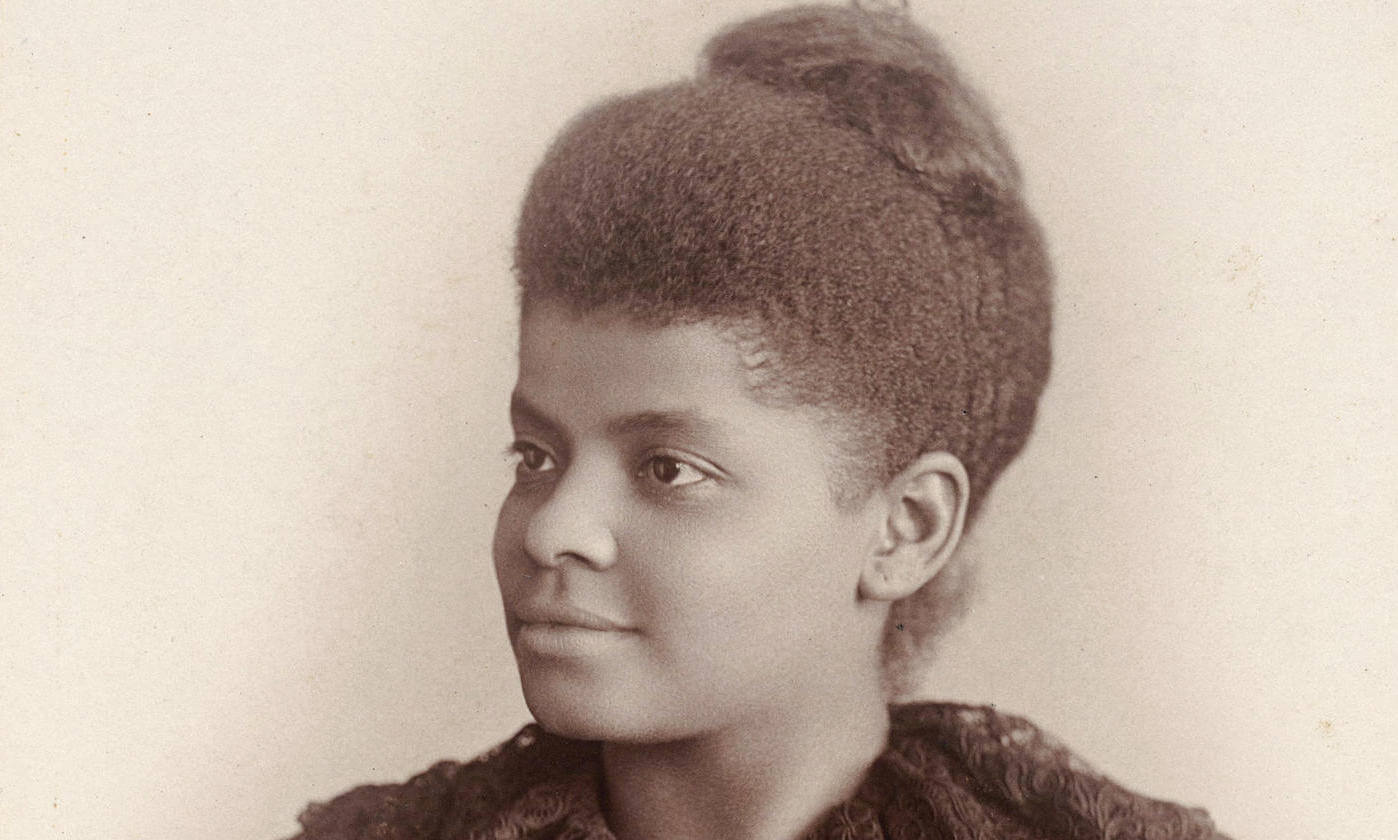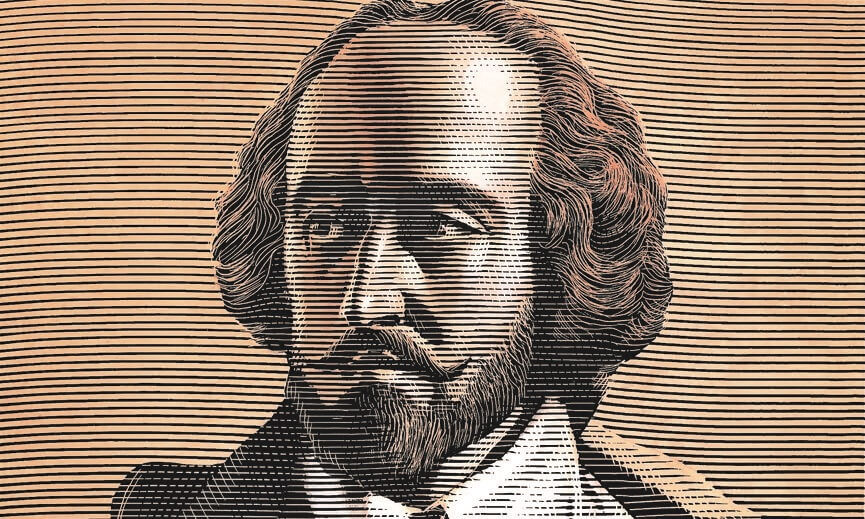Martin Luther King Jr.: Nobel Lecture
Source: Nobel Prize
In 1964, Martin Luther King was awarded the Nobel Peace Prize in recognition of his efforts toward equal rights for all. Read the speech he gave the day after accepting this honor.

In 1964, Martin Luther King was awarded the Nobel Peace Prize in recognition of his efforts toward equal rights for all. Read the speech he gave the day after accepting this honor.

Watch a video on, and read about, the 1965 Selma to Montgomery voting rights marches.

Learn about the hardships and decisions made by one of the most Important scientists of the 20th century.

Labor organizer Cesar Chavez was awarded the Presidential Medal of Freedom for working to improve working and living conditions for migrant farm workers. Learn how he found the courage to speak out, organize a farm workers’ union, and lead nonviolent marches and boycotts of California table grape growers.

Born a year before emancipation, journalist Ida B. Wells is getting some overdue recognition for her brave and powerful reporting on injustice.

Journalist Ida B. Wells was as civil rights activist during the late 1800’s. Her tireless struggle for justice helped spark the movement for equal rights.

Folktales show us a lot about who we once were and still are. Check out these descriptions of nine classic characters from American folklore: Paul Bunyan, John Henry, Sally Ann Thunder, Johnny Appleseed, Mike Fink, Pecos Bill, Geronimo, and Old Stormalong. Why were they so famous? Why are they still famous today?

One silver lining of shelter-in-place orders is that they might give rise to creativity. Learn more about a popular idea that sets the bar high.

The U.S. Treasury recently decided to put Harriet Tubman on the $20 bill. Click on this link to read a discussion by several writers and editors from The Atlantic about the significance of this change to American currency.

Abraham Lincoln once wrote, “I think nothing equals Macbeth.” Learn about how Shakespeare’s dramatic exploration of ambition may have affected how Lincoln acted on his own ambition.